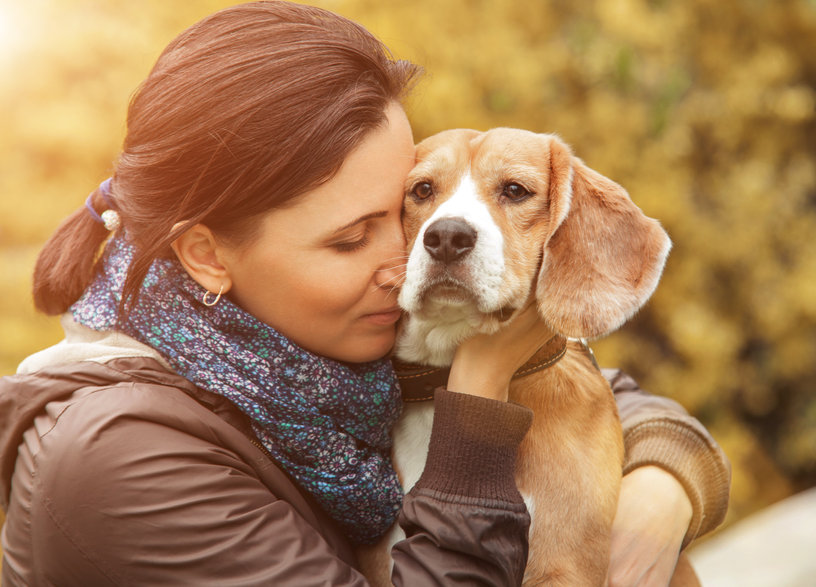On Guilt
Once your pet has crossed over to the Rainbow Bridge, you may feel some guilt around the circumstances of your pet’s death. This is a common reaction to the loss of a pet–as your pet’s caretaker, it is easy to feel responsible for every individual factor that led up to your pet’s death. While this guilt comes from a place of love and grief for your pet’s life, there is no need to beat yourself up. You made the best choices you could for your pet with the information you had at the time.
Some common questions that may come up when you are suffering from pet loss guilt:
- Why didn’t I make the vet appointment sooner?
- Why didn’t I know my pet was so sick?
- Why didn’t I shut the door?
- Why didn’t I catch them eating that _____?
- Why didn’t I put them on a leash?
- Why did I look away in the yard?
- Did I put them down too soon?
- Did I not put them down soon enough?
- Should I have put them down instead?
- Why didn’t I opt for the more expensive procedure?
- Why didn’t I get a second opinion?
- Why did I say yes to surgery?
- Why did I take my pet for granted?
- Why couldn’t I be more grateful for the time we had at the end?
These questions, and infinite others, might plague you as you process your loss. We list them here so that it might help you recognize when you are barraged with questions like these, and try to interrupt them as they appear. Guilt can be a positive force in our lives–in moderation, guilt can help us make better, wiser decisions in the future. But when guilt lingers and increases in intensity about a singular event in the past that cannot be changed, it can lead to depression and anxiety.
What should I do when I'm stuck in a guilt spiral?
- Recognize the guilty thoughts. You can’t get out of a guilt spiral if you don’t know you’re in one. Try to “watch” your thoughts as they move through your head. Are you asking yourself any of the questions above? Are you making yourself feel bad for not making a different decision in the distant past
- Interrupt the thought. Even if you have to forcibly change your thoughts, like starting a new task, reading a book, or calling someone on the phone, changing what you’re thinking about can help you shift your brain out of a ruminative state.
- Remember your values. You know that you are only human and you cannot see the future. You know that you made decisions about your pet out of love and to the best of your ability. All living beings die and all living beings make mistakes. As you endure the grief spiral, try to keep in touch with this line of thinking, even as your brain tries to cling to the guilty thoughts. Eventually your brain will realize it does not need to keep spinning its wheels and will abandon the guilt spirals.
- Get professional help. Cognitive behavioral therapists are experts at redirecting thinking patterns and getting people back on track with their mental health. Don’t hesitate to reach out if you’re struggling to achieve peace around the circumstances of your pet’s death on your own.


